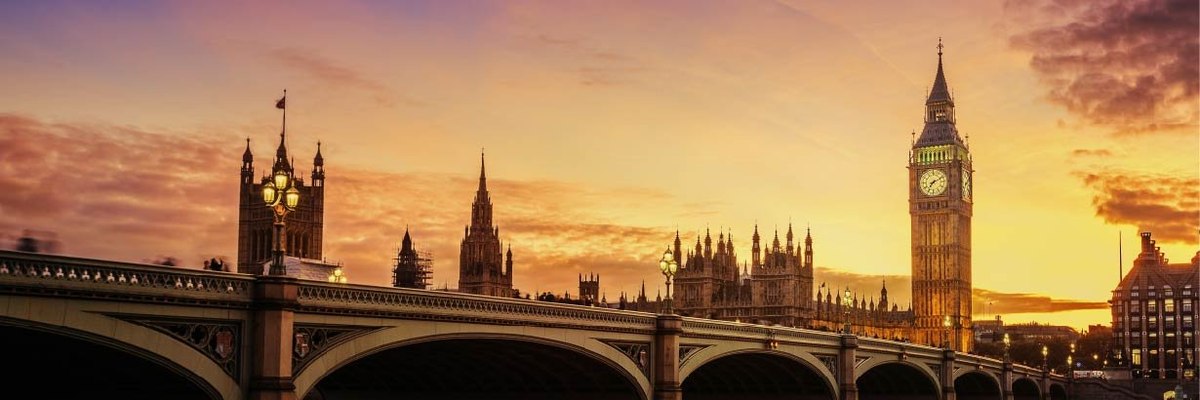The YouGov Democracy Study reveals what the British public thinks about their political system and how it’s working, as well as the state of democracies around the world
In 2012 YouGov conducted a study called ‘Democracy on trial’ which measured and analysed attitudes to British democracy and the political system. It revealed massive discontent about the operation of the country’s democratic institutions.
Since then topics such as the global debt crisis, tensions over the future of the European Union, political divides in the US, the populism debate, as well as the ongoing coronavirus pandemic, have further deepened challenges for democracy and its role both in Britain and globally. Issues such as Brexit and the future of the United Kingdom, with fresh calls for devolution, have also played a role.
To investigate the effects of this YouGov has conducted a wide-ranging study on democracy and its perception in the United Kingdom as part of its Big Surveys project. The goal of the YouGov Democracy Study is to measure and analyse the attitudes and opinions of the British public about democracy in general.
In this study we did not provide a definition of ‘democracy’, given that the term and concept have a broad meaning and are often mentioned and discussed in public. Providing our own definition would have increased the risk of influencing the results.
The results do not paint a rosy picture of British democracy. While there is overall strong support for democracy as a concept, the British public would like to see considerable changes to their own system. Many complained that they either don’t have enough of a say, or none at all, in how our country is run. Whilst there is strong support for making important decisions through referenda, the public is split on how the 2016 EU referendum affected democracy in the UK.
When it comes to the rest of the world, more Britons think that the planet is becoming less democratic and feel that coronavirus will harm the spread of democracy.
The study has been divided into six parts:
Part 1: Democracy as a concept
Part 3: Democracy and British parliamentarianism
Part 4: Democracy and the elections
Part 5: Democracy and referendums
Part 6: Democracy in the world
The summary of the results presented here is based on a survey conducted from the 18th to 21st of September with a nationally representative sample of 2,237 Britons.
15 things we have learned about UK democracy
- Most think that democracy works well as a concept…
More than three quarters (77%) say that democracy works well overall as a way of governing a country in concept. Most (73%) concede that democracy has some faults, but works better than other systems.
- …but a quarter (26%) say democracy isn’t working in the UK
When it comes to the UK specifically, almost two-thirds (63%) say democracy is working well, but every fourth person (26%) thinks it is not. Almost three in ten (29%) among those aged from 16 to 39 think that democracy currently works poorly in the UK.
- Overall, most (75%) Britons describe the UK as a democratic country...
Although one in eight (12%) say it’s not, and another third (35%) say the country has become less democratic over the last 10 to 20 years.
- …but nearly six in ten point out that people can’t freely say what they think.
Most (58%) of the population thinks this to be the case, which includes half (50%) of 16 to 24-year-olds, and six in ten in the older age groups. Conservative voters are more likely (64%) than Labour voters (53%) to say the people cannot freely express their opinion in the UK without the fear of being unfairly judged, discriminated against or prosecuted.
- Most think they have little (36%) or no say (34%) in how the UK is run
Just one in five (21%) in the UK think they have ‘a lot’ or ‘some’ say in running the country. Despite it often being argued that the older generations make key decisions on behalf of the young, the greatest percentage of those who think they have little or no say is found among those 60 and over (76%).
- There is a generational divide about who should be able to vote
Two-thirds (67%) of 16- to 24-year-olds think that anyone aged 16 or over should be able to vote in general elections, while almost the same number (69%) of those 60 or older think that they should not. When the tables are turned, one in five (19%) of 16- to 24-year-olds and one in nine (11%) of those aged 25 to 39 are against people older than 75 being allowed to vote in the general elections.
- There is considerable support for making voting compulsory
While making voting in general elections compulsory splits opinion (41% support the idea and 47% oppose it) there is a clearer outlook on making citizens pass a knowledge test before being allowed to cast a ballot: the majority (56%) are against it, while nearly three in ten (28%) support it.
- The public is split on the fairness of the voting system
While nine out of ten (88%) agree that general elections are very or fairly important, a smaller number (70%) think that it actually makes a difference who wins - and 21% say the victor makes little or no difference at all. Furthermore, the public is split on whether the election system is fair (38%) or not (40%) for all parties, and one in eight (12%) say people are unable to vote for who they want to.
- More are in favour of reducing the power of the PM and Parliament than increasing
In terms of the power distribution in Westminster, a quarter (27%) of Britons would like to see the Prime Minister have less influence, while one in five (20%) want the same of the House of Commons. Nearly half (47%) would like to see the House of Lords lose power, while four in ten (43%) say that special advisors should have less influence than now.
- Nearly half (48%) think the House of Lords works badly
Just three in ten (31%) think the House of Lords works well, and under half (47%) are satisfied with how the House of Commons operates. A quarter (26%) also have a negative opinion about how the civil service is handling its tasks.
- A third (35%) don’t know who their MP is
About two-thirds of those in their 50s and older know the name of their MP, but nearly half (47%) of those aged from 25 to 39 don’t.
- There is a split on how the 2016 EU referendum has affected British democracy…
Three in ten (30%) say the referendum made the UK more democratic, while a quarter (27%) believe it had the opposite effect. The generational split is again clear: just one in five (19%) of 16- to 24-year-olds think the EU referendum made Britain more democratic, compared to nearly half (46%) of those 60 and above.
- … but half think referendums are a good way for a country to make important decisions
Almost half (49%) of the public back the concept of referendums. Furthermore, half (49%) would like to see more referenda on local issues.
- Over half (52%) think more decisions should be made by local and regional governments
On the other hand, just one in eight (12%) would like to see Westminster take more control. A fifth of the population (21%) think the current balance of power between central and local or regional governments is about right.
- Britons tend to think that the world is becoming less democratic, and that coronavirus is making things worse
Four in ten (42%) of Britons think the world is becoming less democratic, while just one in seven (15%) say the opposite. One in four (24%) say that coronavirus is slowing the spread of democracy. One in four (25%) Britons approve of using military force to overthrow non-democratic regimes, while four in ten (44%) are against it.












